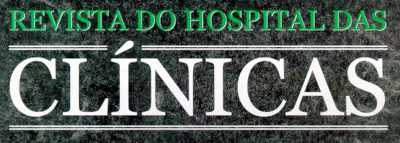PURPOSE: To study the indications and results of tacrolimus as rescue therapy for acute cellular or chronic rejection in liver transplantation. PATIENTS AND METHODS: Eighteen liver transplant recipients who underwent rescue therapy with tacrolimus between March 1995 and August 1999 were retrospectively studied. The treatment indication, patients, and graft situation were recorded as of October 31st, 1999. The response to tacrolimus was defined as patient survival with a functional graft and histological reversal of acute cellular, or for chronic rejection, bilirubin serum levels decreasing to up to twice the upper normal limit. RESULTS: Fourteen cases (77.8%) presented a good response. The response rate for the different indications was: (1) acute cellular + sepsis - 0/1 case; (2) recurrent acute cellular - 1/1 case; (3) OKT3-resistant acute cellular - 2/2 cases; (4) steroid-resistant acute cellular + active viral infection - 3/3 cases; (5) chronic rejection - 8/11 cases (72.7% response rate). The 4 patients who did not respond died. CONCLUSION: Tacrolimus rescue therapy was successful in most cases of acute cellular and chronic rejection in liver transplantation.
Liver transplantation; Adverse effects; Immunosuppression; Tacrolimus; Therapeutic use








